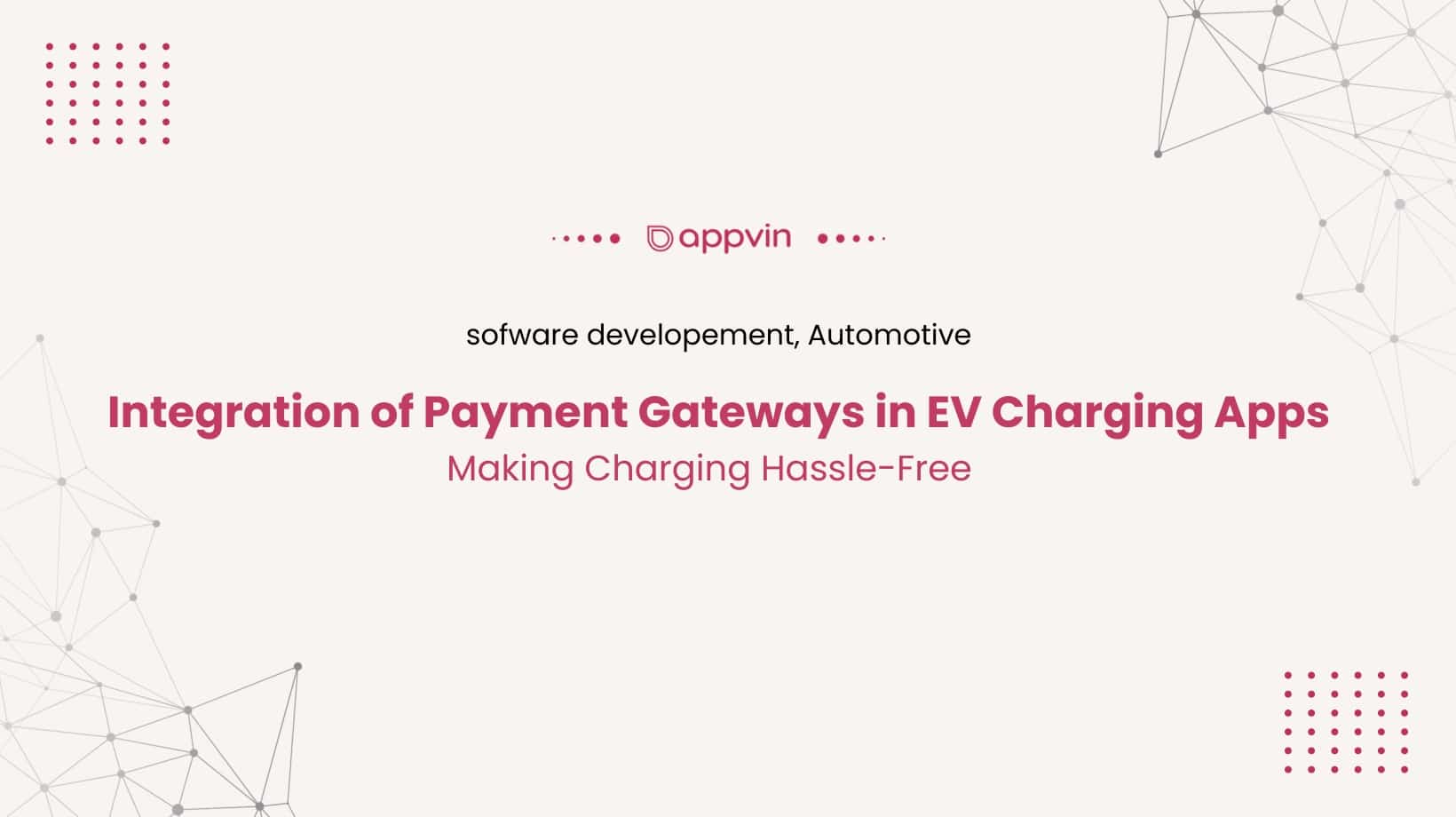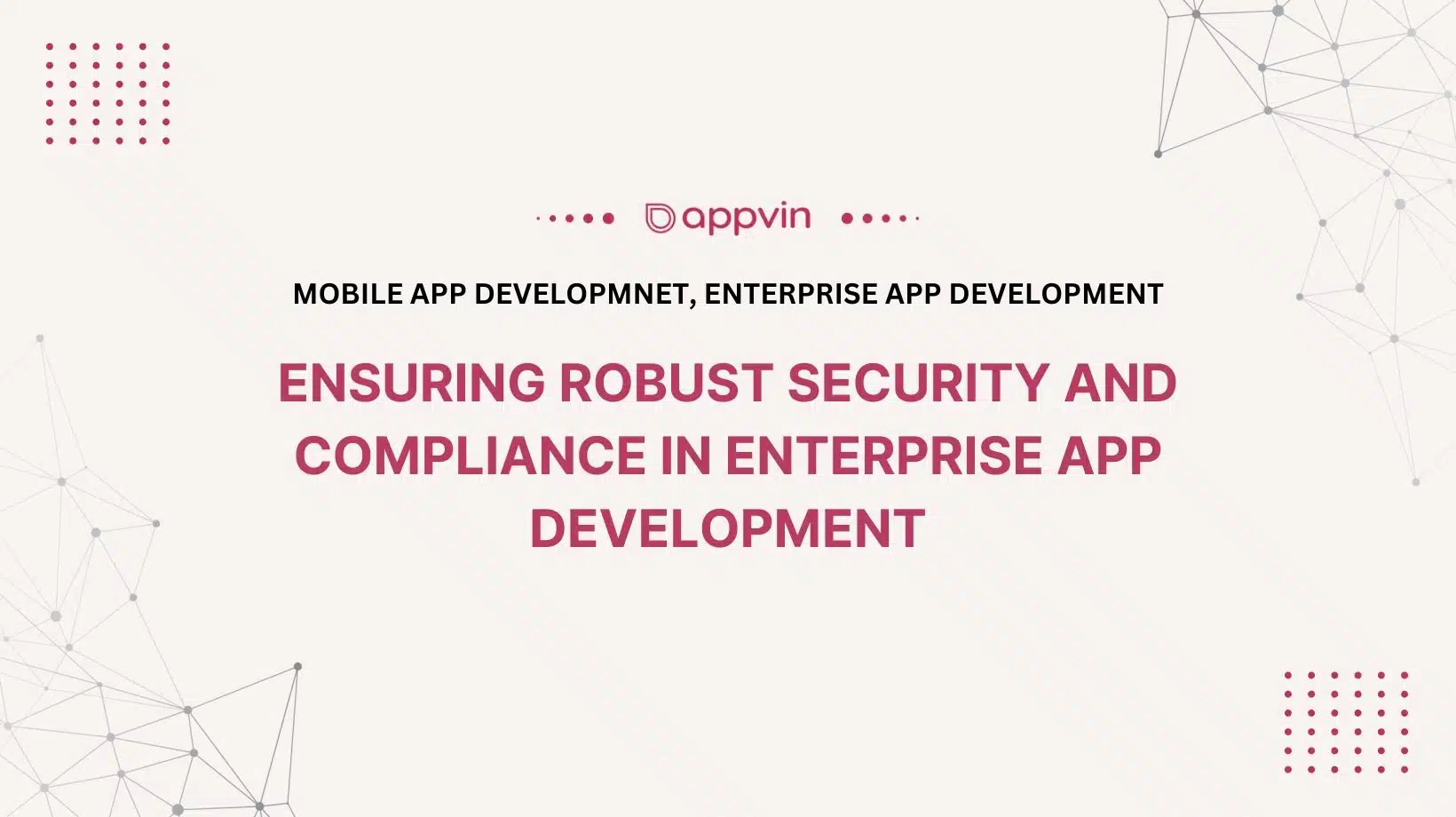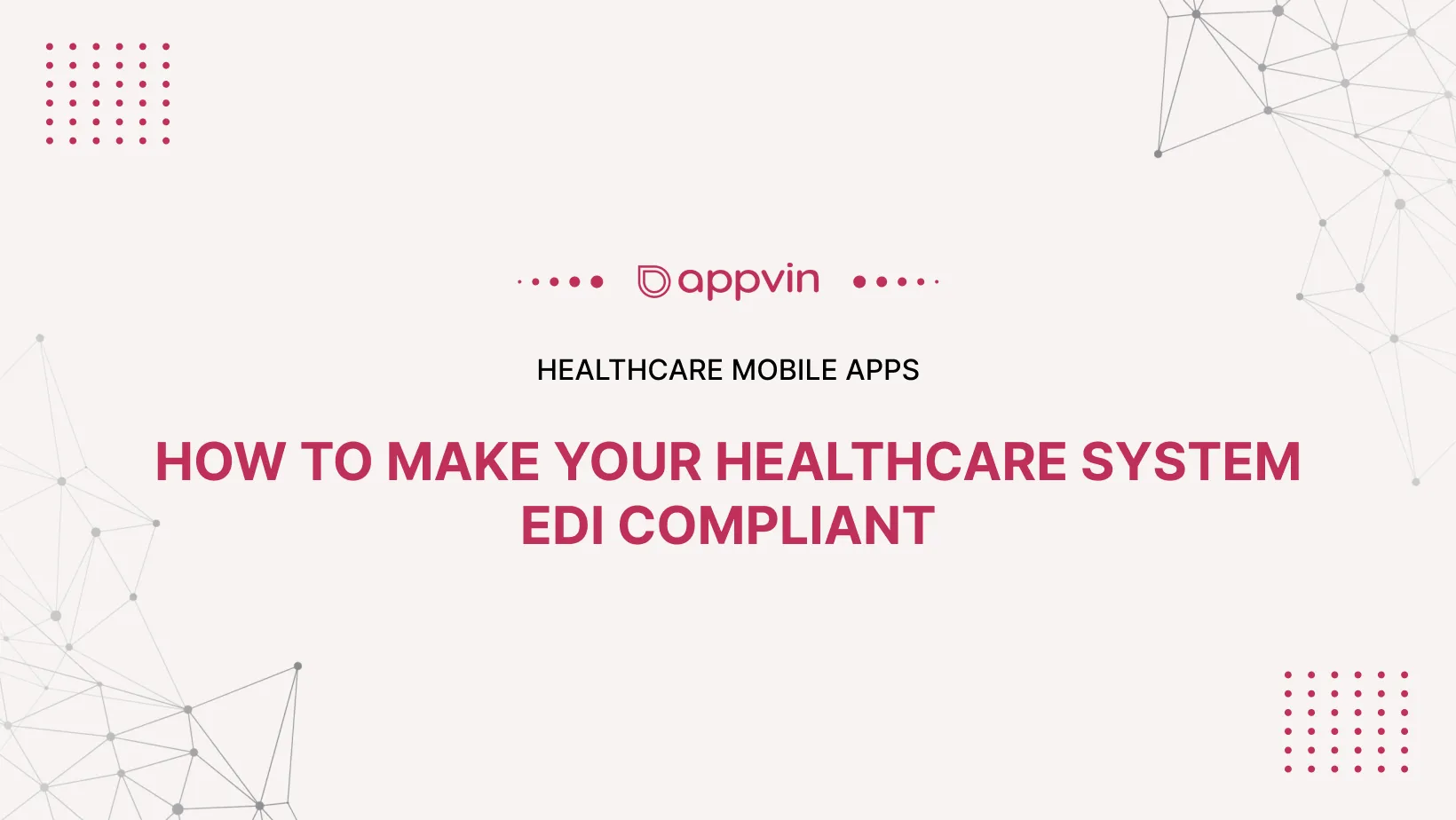Mobile apps are changing the game when it comes to looking after our health. Whether you’re a healthcare pro or someone seeking care, these apps bring heaps of convenience and useful features into the mix.
So, let’s talk about types of healthcare mobile apps
In this article, let’s take a journey into the Types of Healthcare Mobile Apps and uncover how they play a part in improving your health results. From medical reference tools that provide reliable and up-to-date information, to remote monitoring and fitness apps that track your vital signs and activity levels, there is an app for every health need.
Here are some Types of Healthcare Mobile Apps that you should know about-
Medical Reference Apps
Medical reference apps are essential tools for healthcare professionals who need to access reliable and up-to-date medical information anytime, anywhere. Whether it’s Epocrates, Medscape, CDC Vaccine Schedules, Johns Hopkins Antibiotic Guide, or Lexicomp, these apps offer a variety of features to help providers make informed decisions and deliver quality care.
For example, they can easily find drug dosing guidelines, check for potential interactions, identify unknown pills, and stay updated on the latest medical news and education. All of these features are based on peer-reviewed and evidence-based content from trusted sources. Some apps also have the ability to connect with electronic health records, making it easier to document and share information.
Electronic Health Record Apps
EHR apps are transforming the way healthcare providers deliver care to their patients. With EHR apps, providers can access and manage patient health records from their mobile device, anytime and anywhere. They can quickly lookup lab results, review patient histories, update records, write prescriptions, and communicate with care teams while on-the-go.
Some of the leading EHR apps in the market are Athenahealth, eClinicalWorks, Allscripts, and Practice Fusion. These apps not only improve workflow efficiency, but also integrate with telehealth platforms, enabling providers to offer remote care to their patients. EHR apps are the future of healthcare delivery.
Telehealth Apps
Imagine having a doctor at your fingertips, anytime, anywhere. That’s what telehealth apps can offer you. With telehealth apps, you can have remote doctor visits through video conferencing, without leaving your home or office. You can also connect with doctors 24/7 for consultations, get diagnoses, and receive prescriptions. For example, some of the popular telehealth apps are Teladoc, American Well, MDLive, and Doctor on Demand. These apps are not only convenient, but also cost-effective. They can save you time and money by avoiding unnecessary trips to urgent care for minor illnesses. Plus, they can integrate with your health insurance and provide you with quality care.
Telehealth apps are the future of healthcare. Don’t miss out on this opportunity to take charge of your health and wellness.
Patient Portal Apps
Patient portal apps are a great way to stay on top of your health and wellness. With these apps, you can access your medical records and test results anytime, anywhere, from your smartphone or tablet. You can also communicate with your care providers, book appointments, see visit summaries, and more. This gives you more control and insight into your own health journey.
Remote Monitoring Apps
Remote monitoring apps are not just tools to collect data, they are also ways to empower patients and improve their quality of life. By using these apps, people with chronic health conditions can track their own symptoms, share their progress with their doctors, and receive personalised feedback and guidance.
Remote monitoring apps can connect to various devices that measure vital signs, such as glucose levels, blood pressure, heart rhythm and more. Some of the most popular remote monitoring apps are Propeller Health for asthma management, Accu-Chek Connect for diabetes, and Qardio for blood pressure monitoring. These apps help patients manage their conditions better, prevent complications, and access timely care when needed.
Medication Reminder & Management Apps
If you have trouble remembering when and how to take your medications, you are not alone. Many patients struggle with medication adherence, which can lead to serious health consequences. Fortunately, there are apps that can help you manage your medications more easily and effectively.
For example, Medisafe and MyMeds are apps that send you personalised reminders and track your progress. They also provide useful information and tips on your medications and conditions. Other apps like GoodRx and SingleCare help you save money on your prescriptions by comparing prices and offering coupons. These apps can help you avoid medication errors and reduce your healthcare costs. Whether you need a simple reminder or a comprehensive medication manager, there is an app for you.
Women’s Health Apps
If you are a woman, you know how important it is to keep track of your menstrual cycles, symptoms, fertility, and pregnancy. But sometimes, it can be hard to remember everything or to notice patterns. That’s why apps targeted towards women’s health are so useful. They allow you to record and monitor your reproductive health data in a convenient and personalised way.
You can also get insights, tips, and reminders based on your goals and needs. Whether you want to conceive, avoid pregnancy, or just understand your body better, there is an app for you. Some of the most popular ones are Flo, Clue, Ovia, and Glow. They also integrate with wearables for more accurate and comprehensive tracking. Try one of these apps today and see how they can improve your health and well-being.
Mental Health Apps
If you are struggling with mental health issues, you are not alone. There are many apps that can help you cope with challenges like depression, anxiety, addiction, and more. These apps offer various features to support your well-being, such as mood tracking, mindfulness exercises, CBT tools, peer support, and teletherapy. Some of the best apps for mental health are Calm, Headspace, Talkspace, NOCD, and Moodpath. These apps can help you access resources more easily and monitor your progress anonymously.
Fitness & Lifestyle Apps
If you want to improve your health and well-being, you might want to check out some of the best fitness and lifestyle apps available today. These apps can help you track and improve your diet, exercise, sleep and weight management. You can also find apps that offer guided meditation, mindfulness, stress relief and more. Some of the most popular apps are MyFitnessPal, Fitbit, MapMyRun, Headspace, and Calm. You can sync them with your wearable devices to monitor your activity and progress.
These types of healthcare mobile apps can inspire you to adopt healthier habits and achieve your weight loss goals.
Healthcare Management Apps
Healthcare facilities can benefit from apps that help them run their operations smoothly and effectively. These apps can handle various tasks such as managing workflows, scheduling appointments, tracking finances, monitoring inventory, and integrating with EHR systems. Some of the popular apps in this category are CareCloud, DrChrono, Athenahealth, and AdvancedMD. These types of healthcare mobile apps offer healthcare managers powerful tools to improve efficiency and deliver better care to their patients.
Medical Education Apps
If you want to master your medical skills and knowledge, you need to use the best medical education apps available. These apps are designed to help you learn, practice and review various topics and cases in different fields of medicine. Whether you are a student, a resident, a nurse or a clinician, you can benefit from these apps that offer high-quality content, interactive features and useful tools.
Some of the most popular medical education apps are:
– VisualDx:
This app allows you to access thousands of dermatology images and compare them with your own cases. You can also search by diagnosis, symptom, medication or other criteria to find the most relevant information.
– Medscape:
This app provides you with comprehensive and up-to-date medical news, drug information, clinical guidelines, CME activities and more. You can also consult with experts and peers on various topics and cases.
– Epocrates:
This app helps you to make quick and accurate clinical decisions by providing you with drug information, dosing calculators, interaction checkers, pill identifiers and more. You can also access disease information, diagnostic tests and treatment guidelines.
– Pepid:
This app is a complete reference tool for healthcare professionals that covers all aspects of patient care. You can access clinical decision support, drug information, disease profiles, medical calculators, protocols, procedures and more.
These are just some examples of the many medical education apps that can enhance your learning and performance. Try them out today and see how they can help you achieve your goals.
In Conclusion, Mobile apps are transforming healthcare in powerful ways. As outlined, there are many types of healthcare apps that serve important purposes – from medical reference tools that provide reliable information to care providers, to patient engagement apps that allow people to better track and manage their health. Telehealth and EHR apps are improving access and efficiency in care delivery. And apps focused on mental health, fitness, medication management, and women’s health are empowering patients with more personalised support. With expertise in designing and developing robust healthcare apps, AppVin Technologies is an ideal partner for bringing impactful mobile health solutions to life. Our cutting-edge health app development services empower users to manage their wellness efficiently. By leveraging the right app for their needs, both healthcare professionals and patients can benefit from greater convenience, insights and improved outcomes.
FAQs
Q: How can I find the best types of healthcare mobile apps?
A: Look for apps designed specifically for your healthcare needs that are highly rated and have many downloads. Also check that the content comes from trusted medical sources. Ask your doctor for any recommendations. The app publisher reputation is also important.
Q: Are all types of healthcare mobile apps accurate?
A: Leading healthcare apps are designed and reviewed by medical experts and adhere to clinical guidelines. However, self-diagnosis apps can be misleading. It’s best to discuss results from any health app with your own doctor before taking action.
Q: What expertise does Appvin Technologies have in healthcare app development?
A: With over a decade of experience, Appvin has extensive expertise in designing, developing, and launching successful healthcare apps for clients. Their team has worked on over 150 healthcare apps covering EHR/EMR, patient engagement, remote monitoring, and more.
Q: Can I use healthcare apps without insurance?
A: Many apps provide helpful tools regardless of insurance status. However, your insurance may get you discounted access to paid apps with enhanced features. Apps with virtual visits also require insurance coverage to use.
Q: How do I ensure my data is secure?
A: Select apps that outline their HIPAA compliance and data encryption methods. Avoid sharing login credentials. Also understand if your data might be used for research purposes. Setting app privacy controls can also help control access.
Q: What types of healthcare mobile app services does Appvin provide?
A: Appvin provides end-to-end services for healthcare app development including planning, UX/UI design, development, QA testing, launch, maintenance, and compliance consulting. They partner with clients through the entire product lifecycle to bring their app vision to reality.





